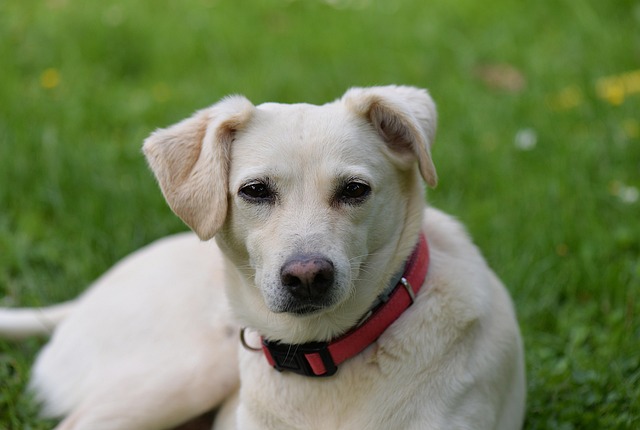
How do i train my dog to be obedient?
Watching your dog dart across the park ignoring your calls isn’t just frustrating—it can put them at risk near busy streets or public spaces.
Border collie puppies have jaws that move like little pincers—sharp, curious, and always ready to explore. That nipping isn’t aggression; it’s their way of learning about the world, teething, or burning off that endless energy they’re famous for. But let’s be real—those tiny bites can turn into bigger problems if you don’t guide them right, especially when they start greeting neighbors or darting toward kids in the park.
Here’s the first trick: keep a toy handy, always. When those teeth come for your hand or Trouser legs,swap it out with a chew toy—fast. Say “gentle” in a calm voice, then praise like crazy when they latch onto the toy instead. It teaches them what’s okay to bite and what’s not, and it works better than scolding, which can just confuse them.
Timing matters more than you think. If they sink their teeth too hard during play, let out a soft “ouch” like another puppy would—they learn bite inhibition from their litter, and mimicking that sound helps. Then pause the play for 10 seconds. Not a punishment, just a signal: rough bites end the fun. They catch on quicker than you’d guess.
 Socialization is non-negotiable, but do it smartly. Once they’re fully vaccinated, let them meet calm, vaccinated dogs and friendly people in controlled spots—your yard, a quiet park corner. It teaches them to control their jaws around others. Just remember, many areas require leashes in public, so keep that harness on during these outings. Respect space, too—some folks aren’t comfortable with puppies bounding up, even playfully.
Socialization is non-negotiable, but do it smartly. Once they’re fully vaccinated, let them meet calm, vaccinated dogs and friendly people in controlled spots—your yard, a quiet park corner. It teaches them to control their jaws around others. Just remember, many areas require leashes in public, so keep that harness on during these outings. Respect space, too—some folks aren’t comfortable with puppies bounding up, even playfully.
Avoid the urge to yank your hand away or shout. Sudden moves can trigger their herding instinct, making them lunge more. Instead, stay still, wait for them to let go, then offer that toy again. Consistency here builds trust—they’ll learn your hands mean pets, not play-bite targets.
Patience is your best tool. Border collies are whip-smart, but they’re still babies. A 10-week-old pup might nail it one day and forget the next. Celebrate the small wins: a gentle nudge instead of a bite, dropping the toy when you say “enough.” Those moments stack up.
Oh, and check local rules while you train. Some places have strict guidelines on puppy interactions in public spaces, especially around schools or playgrounds. Keeping your pup’s vaccinations up to date isn’t just for their health—it’s part of being a responsible neighbor, too.
You’ve got this. Those sharp little teeth will dull, and with time, your border collie will greet the world with a wag instead of a nip. It’s not about stopping their spirit—it’s about channeling that energy into good habits.

Watching your dog dart across the park ignoring your calls isn’t just frustrating—it can put them at risk near busy streets or public spaces.

New puppy owners often find themselves rushing to clean up accidents before they set in, and that’s where puppy pad training becomes a game-changer.

If you've noticed your dog's waistline disappearing and your veterinarian has mentioned those few extra pounds, your first instinct might be to simply reduce the amount of food in their bowl.

Training a dog to use a designated spot indoors isn’t as daunting as many new owners fear, but it does take consistency and an understanding of your pet’s needs.

That moment of dread on a walk is all too familiar for many new dog owners. You see another dog approaching down the sidewalk of your neighborhood

If the sight of another dog on your neighborhood walk makes your heart sink as your own dog erupts into a frenzy of barking and lunging, you're not alone.